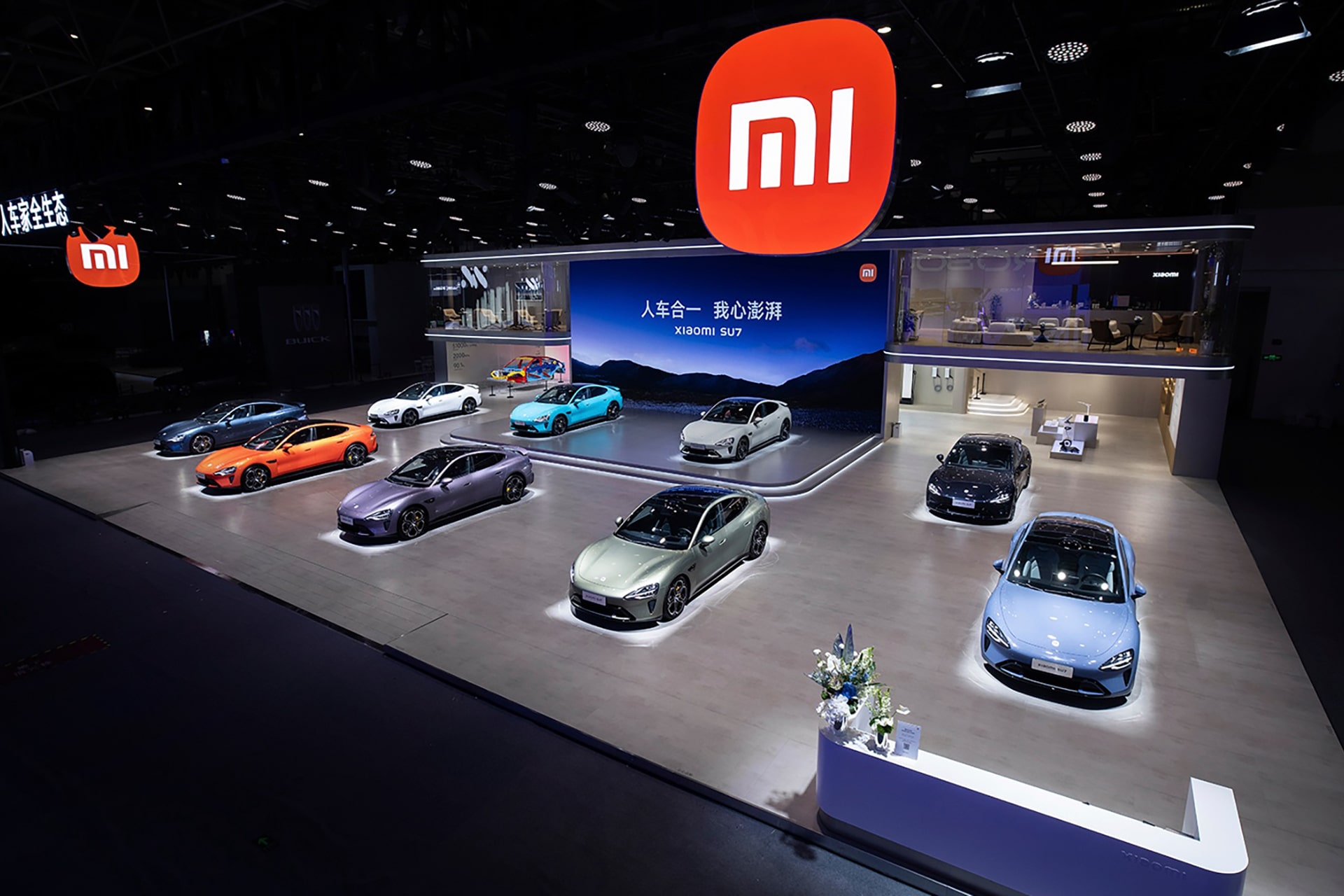Xiaomi is edging into Europe’s electric vehicle landscape with deliberate subtlety. The Chinese tech giant has quietly set up an automotive R&D center in Munich, Germany—its first such facility in the region. According to 36Kr, the site currently hosts fewer than 50 staff, mostly senior managers and technical specialists.
Sources familiar with the matter say the team is not hiring aggressively. Instead, the Munich operation is positioned as a compact, elite unit. One of its headline projects: pushing the limits of the Nurburgring edition of the Xiaomi SU7 Ultra. The group is also tasked with refining performance across Xiaomi’s broader EV pipeline.
But Xiaomi’s ambitions extend beyond the test track. In December 2024, the company’s international division created a dedicated task force to study global EV sales. The team began recruiting for roles in market research and operational planning—early signals that Xiaomi is considering pilot launches in Germany, France, and Spain.
At the same time, Xiaomi is exploring whether to establish a design studio in Europe to tap the region’s rich automotive talent pool.
When contacted by 36Kr, Xiaomi confirmed the existence of its Munich R&D center but said there is no formal sales network in place for the region.
Still, the Munich site is about more than technical experiments—it’s a foothold for brand differentiation. While traditional automakers like Mercedes-Benz, BMW, and Porsche are focused on developing autonomous driving and smart cockpit tech, Xiaomi is taking a different route: returning to the fundamentals of high-performance driving.
Several members of Xiaomi’s Munich team have already been named in European press reports. The group is led by Rudolf Dittrich, formerly BMW’s head of limited edition vehicles. Other key hires include Jannis Hellwig, previously with BMW’s Formula E team, and Ricard Aiguabella Macau, an aerodynamics expert from Ferrari’s Formula 1 division.
“They are chasing a Nurburgring lap time that rivals what McLaren pulled off at Shanghai,” one source told 36Kr. “Track performance is the benchmark here.”
The Nurburgring edition of the SU7 Ultra, priced at RMB 814,900 (USD 114,086), was announced by Xiaomi founder Lei Jun during the car’s launch event. An optional track package, costing RMB 100,000 (USD 14,000), includes a suite of component upgrades.
“This version is designed to outpace Porsche. Many parts were selected without regard for cost,” said one industry insider. “But it’s still far from being both faster than Porsche and ready for volume delivery in China. That’s why Xiaomi has brought in so many motorsport veterans.”
For Xiaomi, the track is a crucible. Cars engineered to perform under extreme conditions—speed, temperature, wear—often become proving grounds for innovations that can eventually be scaled to consumer vehicles. The Munich center reflects this playbook: push performance limits first, then filter learnings into the mass market.
That strategy already seems to be working. The SU7 Ultra’s headline lap times have helped anchor Xiaomi’s image as a serious player in high-performance EVs.
Consumers, too, respond to pedigree. EV buyers are more likely to trust digital features if they’re born from racing applications. Xiaomi is hoping that this trust translates into a premium halo effect across its product line.
Lei Jun has said publicly that Xiaomi wants to start selling its EVs in Europe before 2030. Sources told 36Kr that the company’s overseas task force is already operating out of Dusseldorf, with a focus on mapping market conditions in Germany, Spain, and France.
Compared to other Chinese EV makers, Xiaomi may have a head start. Even before it launched its automotive unit, more than half of Xiaomi’s group revenue came from international markets. The brand once claimed an 18% share of Europe’s smartphone market, ranking third behind Samsung and Apple.
This recognition gives Xiaomi a valuable beachhead as it ventures into Europe’s EV scene.
The timing could also work in Xiaomi’s favor. BMW’s M series hasn’t yet debuted a full EV, save for camouflaged test units of a rumored iM3. Mercedes-Benz’s EQE AMG launched in 2023 but carries a six-figure EUR price tag that limits its reach.
By contrast, Xiaomi is positioning its vehicles with a mix of track performance, sharper pricing, and superior digital systems. That combo could resonate with a segment of European buyers left cold by traditional brands’ offerings.
Still, challenges loom. While Xiaomi has carved a niche in China’s premium segment, its automotive brand remains relatively untested abroad. The SU7 starts at over RMB 200,000 (USD 28,000) domestically, and the SU7 Ultra climbs past RMB 500,000 (USD 70,000)—pricing that could balloon further once exported.
And there’s the matter of manufacturing. “There’s no sign yet that Xiaomi plans to localize production in Europe,” one observer told 36Kr. “For now, the focus is still on gauging market response.”
From engineers at Nurburgring to market researchers in Dusseldorf, Xiaomi is methodically building the pillars of an overseas EV strategy. But whether that strategy yields a globally respected brand—or stalls short of it—remains to be seen.
KrASIA Connection features translated and adapted content that was originally published by 36Kr. This article was written by Xu Caiyu for 36Kr.

